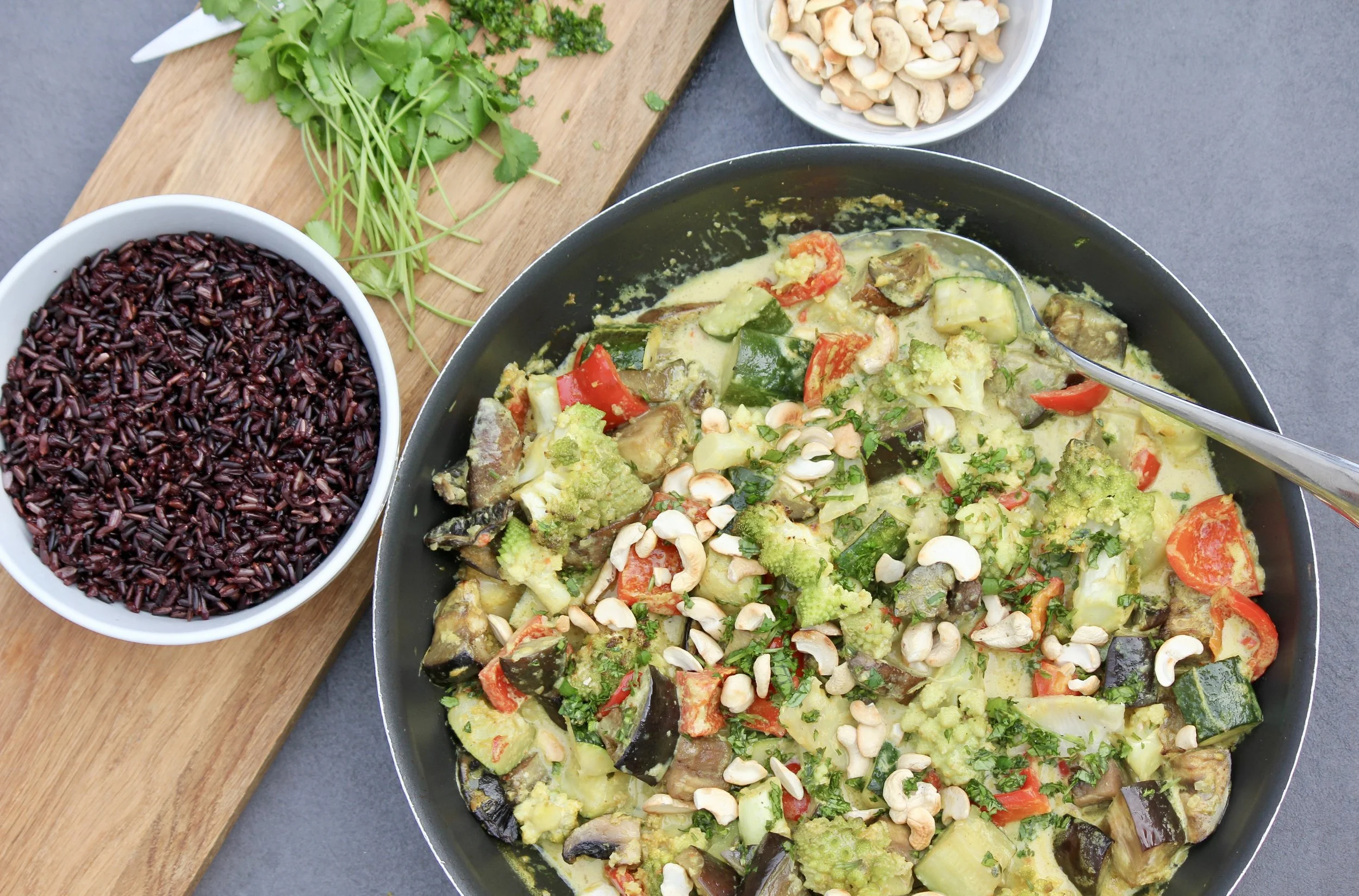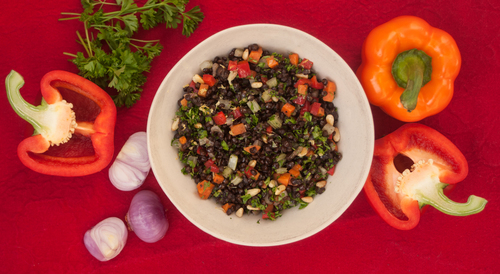What is Intermittent Fasting?
There are a number of variations for intermittent fasting or time-restricted eating but for most people the easiest way to do it involves eating normally for 5 days of the week and for 2 non-consecutive days reducing the amount you eat and reducing the window in which you eat.
For example:
Skipping breakfast and having a good lunch with a smaller snack in the evening, or
Having a light brunch and a meal in the early evening, or
Having one main meal, with one small snack, if this suits you better.
The aim is to extend the period of fasting (when you go without food) overnight and also reduce the amount of food you eat to about a quarter of your normal intake. This equates to about 600 calories for men and about 500 calories for women on fast days (but dependent on factors like natural build, basal metabolic rate and activity levels).
Recent research shows that eating too close to bedtime is problematic for weight management and hinders the natural cleansing process of the digestive tract. So, aim to eat your last meal of the day as early as possible, leaving as long a gap as possible between eating and your normal bedtime
Benefits:
Reduces body fat, including visceral fat (this is the hidden fat around internal organs which is associated with an increased risk of chronic diseases like cardiovascular disease and type 2 diabetes)
Encourages insulin sensitivity
Reduces circulating levels of Insulin-Like Growth Factor 1 (IGF-1), this is a hormone that is needed when you are young and growing but high levels in later life appear to be linked to accelerated ageing and cancer.
Helps the body repair damaged tissues and cells
Improves mood and protects the brain from cognitive decline
Encourages a healthy microbiome (the microbial population in our gut)
May improve sleep quality
Helps you understand your own hunger signals better / makes it easier to cope with being hungry
How to do it
Think carefully about your week and what will work for you. Some people find choosing 2 work days easier, as they will be busy and distracted. For others including one weekend day, when they would naturally have a later breakfast, works better.
Menu ideas for your 2 intermittent fast days
Late breakfast OR Lunch
Porridge (35g whole oats) with 5 almonds, 150g blueberries and tsp cinnamon
2 poached eggs served with rocket and asparagus spears, light drizzle olive oil
1 smoked mackerel fillet with roast butternut squash, in 2 tsp olive oil, cumin seeds and ground coriander and steamed broccoli
Spinach, mushroom, chives, oregano & tomato omelet (2 eggs)
Chicken (100g) salad (eg watercress, rocket, baby spinach, pepper, cucumber, radish, ½ avocado, sauerkraut)
Smoked salmon (100g) with watercress, endive and lettuce with fresh lemon juice
Early Evening Meal
Chicken breast (100g) stir fry, cooked in 2 tsp olive oil, garlic, ginger, 2 sliced carrots, large handful shredded cabbage, handful beansprouts, handful mangetout, drizzle tamari, fresh coriander, lemon
Baked salmon filet (100g) with lemon juice and rosemary with ratatouille (1 onion, garlic, ½ red pepper, 1 courgette and ½ tin tomatoes, fresh basil)
Plain bio-live yoghurt with handful berries
Prawn (80g), ½ avocado, fennel, pepper and watercress salad
Vegetable and lentil soup
Tempeh, spring onion, ginger, Tamari on courgette noodles, shredded red cabbage, carrot & chilli
What to eat on the other 5 days
You don’t need to worry about calorie counting and many people find their appetite actually reduces after a few weeks but do aim to eat healthily on most non-fast days:
Have plenty of different vegetables – aim for about ½ your plate
Include prebiotic vegetables & fruit (these help feed the friendly bacteria) such as:
Garlic
Onion
Leek
Asparagus
Chicory root
Fennel
Jerusalem artichoke
Pak choi
Apples
Banana
Reduce sugary and refined foods such as bread, bagels, pitta, noodles, pasta, cakes, biscuits, chocolate, fruit juices and alcohol
Have slow-release carbohydrates as alternatives to bread, pasta & noodles such as root vegetables (swede, celeriac, carrot, sweet potato – baked, roasted, mashed, spiralised); squash & courgette (spiralised, stir-fried, baked); vegetable couscous (eg cauliflower or broccoli blitzed in a food processor, gently heated with a little olive oil and herbs or spices); brown basmati rice; quinoa; regular potatoes that have been cooked and then cooled overnight (as this increases the amount of resistant starch they contain and helps feed the friendly bacteria), 1-2 portions of fruit
Include healthy fats such as extra virgin olive oil, coconut oil, avocado, fresh nuts and seeds (ideally soak these overnight in some salted water, rinse and drain in the morning and eat that day & keep portions moderate eg small handful of nuts)
Include good quality protein: fish, free-range poultry & eggs, grass fed meat, game, pulses, fermented soya (tempeh & miso); unpasteurized cheese (matchbox size portion)
Include fermented foods like sauerkraut, kefir, tempeh & miso, live yoghurt
Asparagus & Spring Onion Frittata with Mixed Leaf, Radish & Tomato Salad
Remember to chew your food thoroughly and eat slowly every day!
Also important: hydration, good quality sleep, exercise that you enjoy, laughter, rest and relaxation
Not sure you if intermittent fasting is right for you?
No problem, it doesn’t suit everyone and is not necessary for everyone but I often recommend my clients aim to extend their overnight fast (time between their evening meal and first meal the following day). Making sure you leave a 12 hour gap on most days is good to aim for and a little longer on some days might be easier than you think. Give it a go and see how you feel.
Intermittent fasting is not suitable if you are pregnant, have type 1 diabetes, have an eating disorder, are already very lean, or for children. If you have an underlying medical condition please speak to your GP before embarking on intermittent fasting





